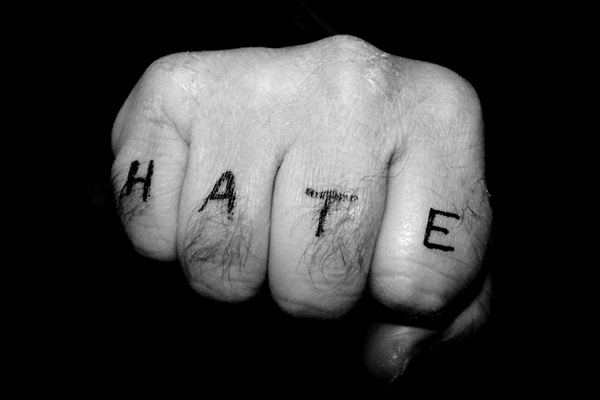
No sooner had George Zimmerman been acquitted of murder in the case of Trayvon Martin than Attorney General Eric Holder announced that the Justice Department would continue its ongoing investigation into the matter. Holder said he is “mindful of the pain felt by our nation” as a result of Trayvon’s death.
Not surprisingly, so-called civil rights activists jumped on the bandwagon, pushing the Justice Department to file federal civil rights or hate crime charges against Zimmerman. Many of these activists allege that Zimmerman’s perception of Trayvon as a threat was based primarily on the fact that he was a young black man wearing a hoodie.
The majority of the media has also helped stoke the fires of discord, having studiously ignored the unpleasant facts about Trayvon Martin in an effort to script a dark national narrative of random white violence against innocent black children.
Legal experts note, however, that to win such a case, federal prosecutors would have to prove that Zimmerman, who is a Latino (his mother is from Peru), shot and killed Trayvon primarily due to his race. But Zimmerman’s attorneys can argue what they did in the state trial, that Zimmerman shot Martin in self-defense, and that race had nothing to do with it.
But the larger issue is that hate crimes law is based on a dangerously flawed (and frightening) principle, which is that you can now be criminally charged and convicted, not for your actions, but for your thoughts. When these laws were first proposed, it should have sent chills down the spine of every thinking American.
But the result of endless repetition of the phrase “hate crime” (like the equally disingenuous term, “assault weapon”) is that the concept takes on a life of its own, eventually becoming part of the national dialogue. Once you accept the language of your opponent, you have already lost.
The basic problems with such laws are that they fail to distinguish between the violent act (robbery, rape, assault, murder) and the mental state of the alleged perpetrator that led to the crime. But it is the act itself that is (or at least, should be) a crime, not the thought processes (or emotion) that led up to it.
If someone beats your son to death with a baseball bat, it is absolutely irrelevant whether the killer did so because of your son’s race (a “hate crime”), or because he was acting on instructions from a mob loan shark to “make an example” of him (not a “hate crime”). The severity, and heinousness, of the crime is in what the offender did, not why he did it.
By far the most insidious aspect of hate crimes law is that it puts every one of us, and most especially those of us who carry guns for self-defense, at risk of what George Zimmerman could be facing: being prosecuted twice for the same act. Now, legal pundits try to say that it is not technically “double jeopardy” because you are not being charged with the exact same crime. But that is the practical reality.
Even more problematic, “hate crime” laws destroy 200 years of “equal protection” under the law, by setting up arbitrary classes of victims. Thus, if (in self-defense) you happen to shoot someone of a race different from your own, you are at greater risk of prosecution and conviction, and not just once, but twice.
© 2003-2013 Delta Defense, LLC. All Rights Reserved.
https://www.usconcealedcarry.com/legal-issues/double-jeopardy